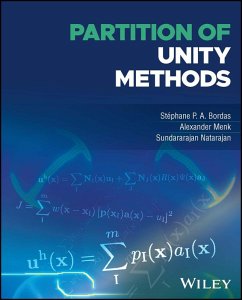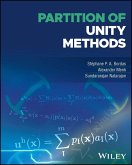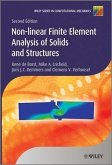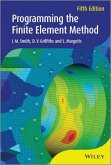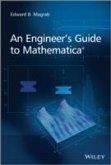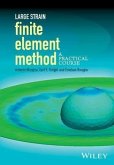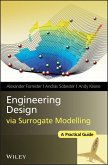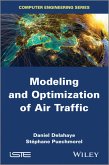PARTITION OF UNITY METHODS Master the latest tool in computational mechanics with this brand-new resource from distinguished leaders in the field While it is the number one tool for computer aided design and engineering, the finite element method (FEM) has difficulties with discontinuities, singularities, and moving boundaries. Partition of unity methods addresses these challenges and is now increasingly implemented in commercially available software. Partition of Unity Methods delivers a detailed overview of its fundamentals, in particular the extended finite element method for applications in solving moving boundary problems. The distinguished academics and authors introduce the XFEM as a natural extension of the traditional finite element method (FEM), through straightforward one-dimensional examples which form the basis for the subsequent introduction of higher dimensional problems. This book allows readers to fully understand and utilize XFEM just as it becomes ever more crucial to industry practice. Partition of Unity Methods explores all essential topics on this key new technology, including: * Coverage of the difficulties faced by the finite element method and the impetus behind the development of XFEM * The basics of the finite element method, with discussions of finite element formulation of linear elasticity and the calculation of the force vector * An introduction to the fundamentals of enrichment * A revisitation of the partition of unity enrichment * A description of the geometry of enrichment features, with discussions of level sets for stationary interfaces * Application of XFEM to bio-film, gradient theories, and three dimensional crack propagation Perfect for researchers and postdoctoral candidates working in the field of computational mechanics, Partition of Unity Methods also has a place in the libraries of senior undergraduate and graduate students working in the field. Finite element and CFD analysts and developers in private industry will also greatly benefit from this book.
Dieser Download kann aus rechtlichen Gründen nur mit Rechnungsadresse in A, B, BG, CY, CZ, D, DK, EW, E, FIN, F, GR, HR, H, IRL, I, LT, L, LR, M, NL, PL, P, R, S, SLO, SK ausgeliefert werden.

